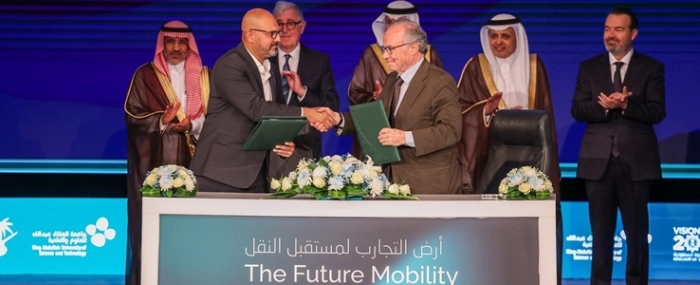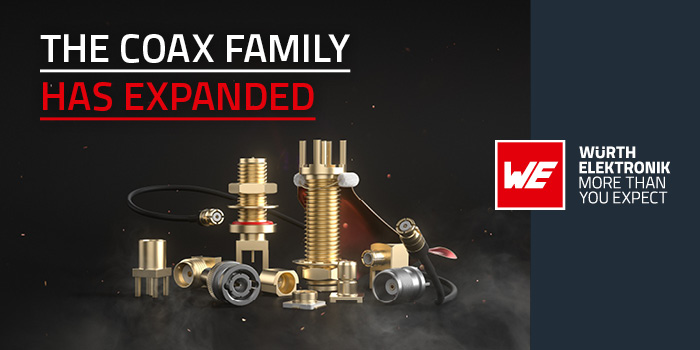
Lucid, KAUST team up to advance EV tech, autonomous driving
Lucid will have access to KAUST’s supercomputing capabilities. Joint efforts will also focus on the design and prototyping of next-generation components and systems, integrating disciplines such as mechanical, electrical, thermal and chemical engineering.
American EV maker Lucid and Saudi Arabia’s King Abdullah University of Science and Technology (KAUST) have announced a strategic partnership to advance EV technology.
“KAUST’s world-class research infrastructure and talent has the potential to further boost our technology leadership in many dimensions including our ADAS and AD roadmap—bringing cutting-edge innovation from the lab to the road,” said Marc Winterhoff, Interim CEO at Lucid. “This collaboration also strengthens our global R&D footprint bringing additional resources to bear in our efforts to continue as a leader in EV powertrain, battery systems, advanced materials, and software-defined vehicle platforms.”
As part of this cooperation, Lucid will have access to KAUST’s supercomputing capabilities, according to a media release.
“KAUST is proud to partner with Lucid to join our research capabilities with their real-world EV expertise while contributing to the Kingdom’s strategic goals,” said Edward Byrne, President of KAUST. “This collaboration underscores our joint commitment to pioneering innovative solutions in electric vehicle technology.”
“Access to high-performance computing at this level is truly transformative,” said Eric Bach, SVP of Product and Chief Engineer at Lucid. “It dramatically enhances our ability to develop advanced fluids, materials and alloys, simulate real-world physics for crash safety and structural optimization, model fluid dynamics and thermal transfer, analyze electromagnetic flux, and accelerate AI training for digital twin technology, autonomous systems, and large language models.”
Joint efforts will also focus on the design and prototyping of next-generation components and systems, integrating disciplines such as mechanical, electrical, thermal, and chemical engineering. Advancements in materials science will play a pivotal role, with research dedicated to high-performance metallic and polymer-based composites, heat-reflective glass coatings, innovative laminates, and alternative non-conventional materials — each aimed at optimizing vehicle efficiency and durability, the media release said.
The collaborative research and development activities will be hosted at KAUST’s advanced laboratories in King Abdullah Economic City.


